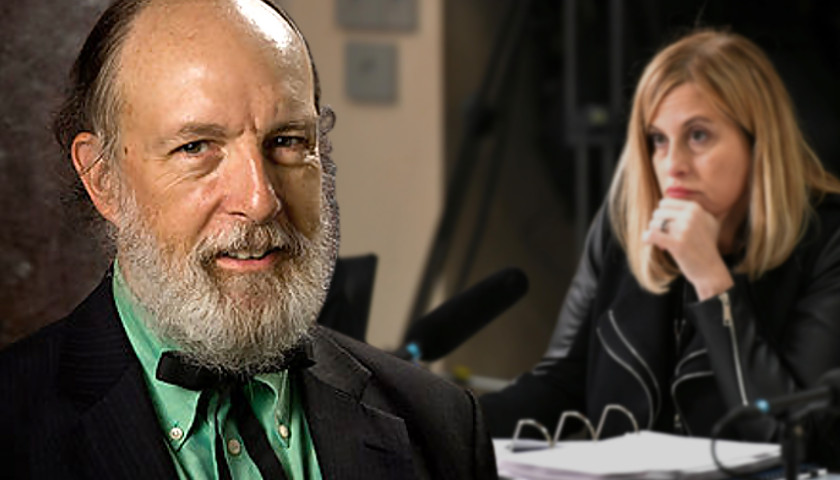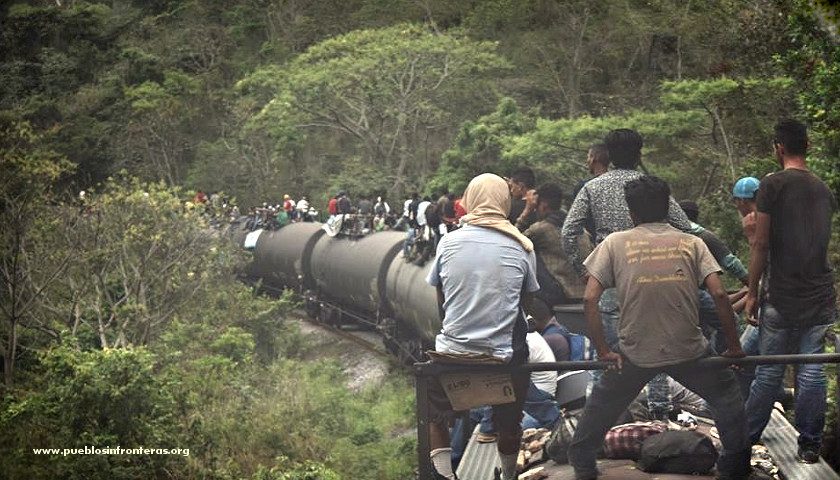A senior fellow with the Cato Institute is the latest expert to criticize Nashville Mayor Megan Barry’s $5.2 billion mass transit plan.
The Cato Institute is a libertarian think tank based in Washington, D.C.
Barry wants to raise taxes to pay for a light-rail network, improved and expanded bus service, and an underground tunnel downtown. Currently, the Music City Star connecting Lebanon and downtown Nashville is the only commuter rail service in the area.
Randal O’Toole wrote an op-ed for the Wall Street Journal last week in which he criticized Barry’s plan for Davidson County, as well as mass transit proposals in San Antonio and Tampa. O’Toole wrote:
These proposals are questionable at best and reckless at worst, given that transit ridership—including bus and what little rail these regions have—is down in all three jurisdictions. This is a nationwide trend: Data released this week by the Federal Transit Administration shows that ridership is falling in nearly every major urban area (with Seattle as a notable exception)…
The main reason for this drop-off is that low gas prices and ride-sharing services have given people better options. Census data show that 96% of American workers live in households with at least one car, and anyone with a smartphone can summon an Uber or Lyft.
That said, transit ridership has been sliding for decades as jobs have become less highly concentrated in city centers. Since 1970, the number of transit trips taken per urban resident has fallen more than 20%. Outside the areas of New York, Boston, Chicago, Philadelphia, San Francisco and Washington, transit carries less than 1% of passenger travel. This belies the claim that mass transit is vital to urban economies…
The transit industry has compounded its problems by going heavily into debt, allowing unfunded pensions and health-care obligations to snowball, and failing to maintain the rail lines they already have. According to the Department of Transportation, the nationwide transit maintenance backlog is approaching $100 billion, causing exactly the problems you’d expect: derailments of New York City subways, slowdowns of Chicago’s elevated train, smoke in Washington metro tunnels, and other operational and safety issues. Even if all the money now spent on new construction were redirected to maintenance, according to the department, it would take 20 years to rehabilitate America’s rail transit systems.
Instead of spending billions on new rail lines, cities like Nashville, San Antonio and Tampa ought to use buses to move people faster, more safely, and for far less money. Rail is simply a bad investment.
That’s especially true given the bets being made by companies like Ford, Google and Uber on driverless cars. Some analysts predict that by the middle of the next decade, calling a driverless car will be as easy as hailing an Uber today. Why walk in the heat or cold for a bus or streetcar when you can hail a driverless car to your door for less money than the transit fare? Nashville’s first light-rail line won’t even open until 2026. By then, who’s going to want to use it?
Last month, a senior fellow with the Manhattan Institute conservative think tank similarly criticized Barry’s plan, writing that it “makes no sense.” Aaron Wren wrote that “Nashville is a very sprawling city with highly dispersed origins and destinations of traffic. It lacks the gigantic downtown employment centers of New York or Chicago that are well-suited to transit.”
An economics professor at Vanderbilt University has also spoken out against mass transit for the Nashville area.
In defending the plan, Barry spokesman Sean Braisted told the Nashville Business Journal that “we’re not going to bet Nashville’s future on the same failed transportation policies that are bringing the region to a halt. We need to take action today and start to build more transportation options for all Nashville residents — and for the million more people who will live in the Nashville area by 2040.”
Barry will ask Metro Council to put a referendum on the ballot in May to raise taxes for the project.
The project would be funded with tax surcharges as well as federal grants, bonds and fare revenues. A half percent sales tax surcharge would start in July 2018, increasing to 1 percent in 2023. There also would be surcharges on the hotel/motel tax, local rental car tax, and business and excise tax.






Since when has spending more taxpayer money ever been a “bad investment “for Democrats ?
All socialists, like Mayor Moonbeam, see the solution to any problem as tax (us) and spend. And they adore large projects, the bigger the better, that go into massive budget overruns like the “Big Dig” in Boston.
The mayor also enjoys enlarging her office with bureaucratic b.s. jobs like Chief Officer of Diversity and Inclusion and Chief Resilience Officer that enriches the city with their ???
I don’t need an expert to tell me it was a bad idea. it’s the stupidest idea I have ever heard and I have lived here all my life. Anyone who thinks a tax increase is about a transit plan is poorly mistaken.
But, but, Mayor Berry wouldn’t have her toy trains under her Christmas tree. Why not have a development plan that encourages business development in a distributed manner to align with the population distribution? That might even have the side benefit of freeing up downtown space for the tourists who Nashville depends upon so heavily. It might also help to delay the inevitable decay of the city core.